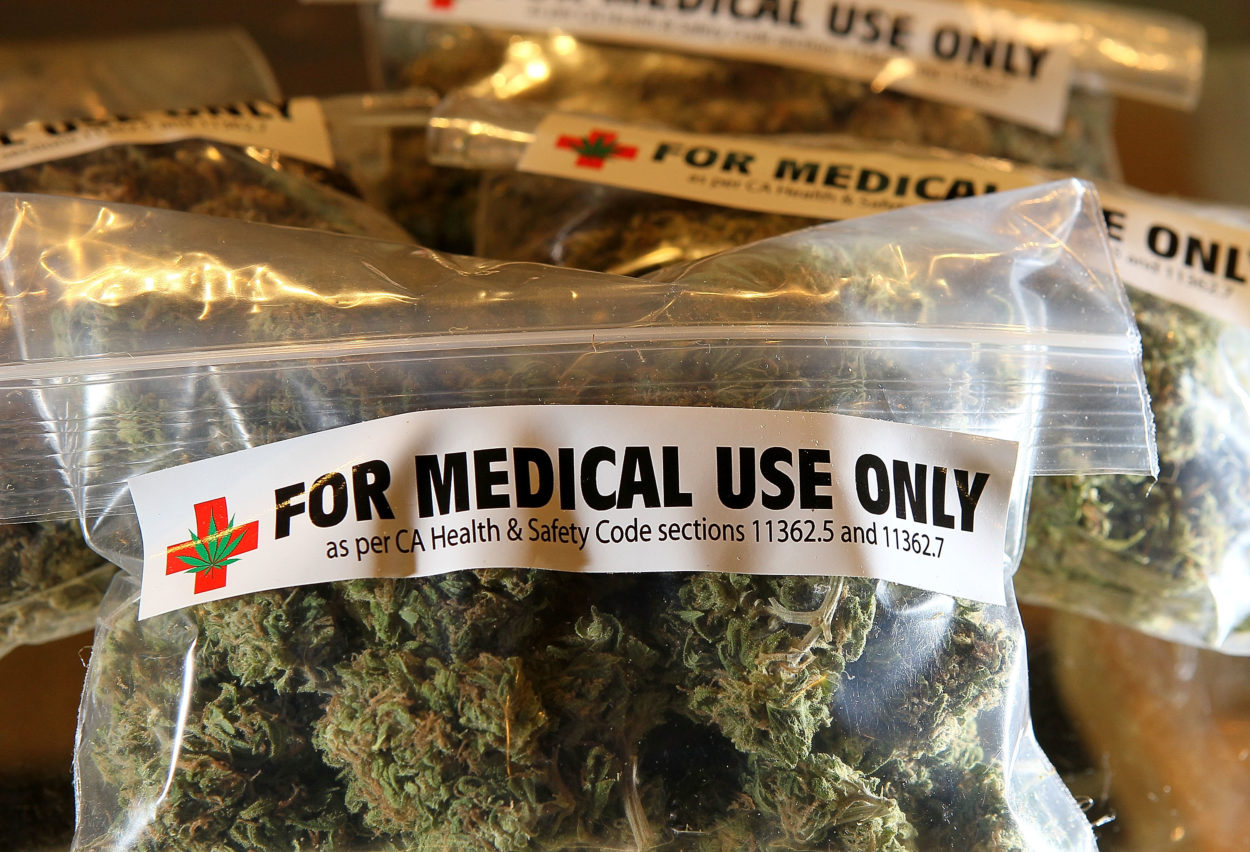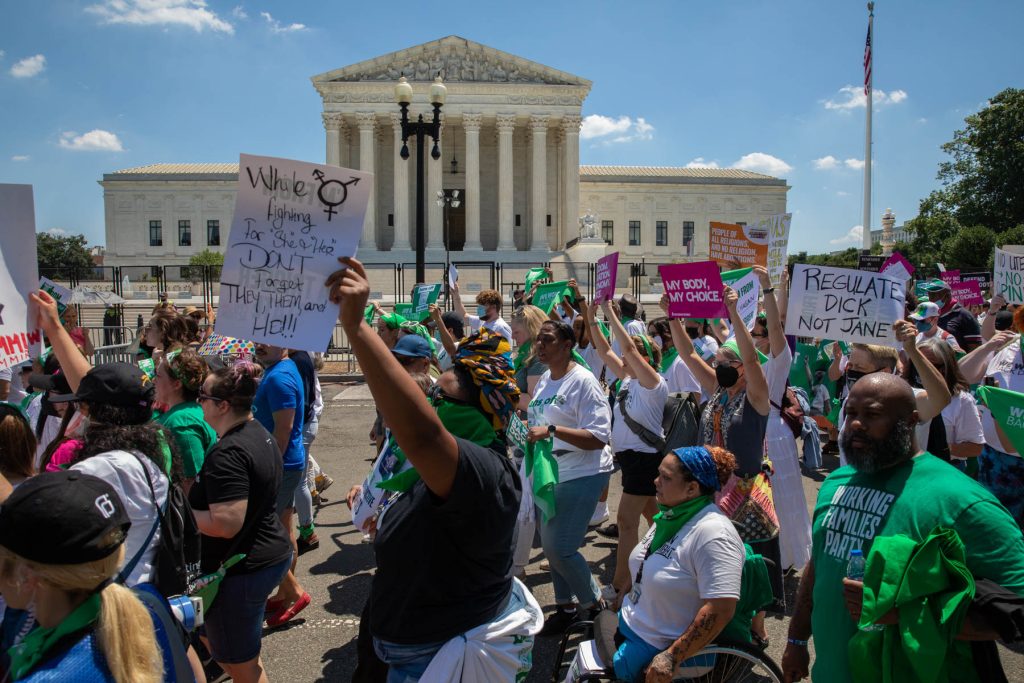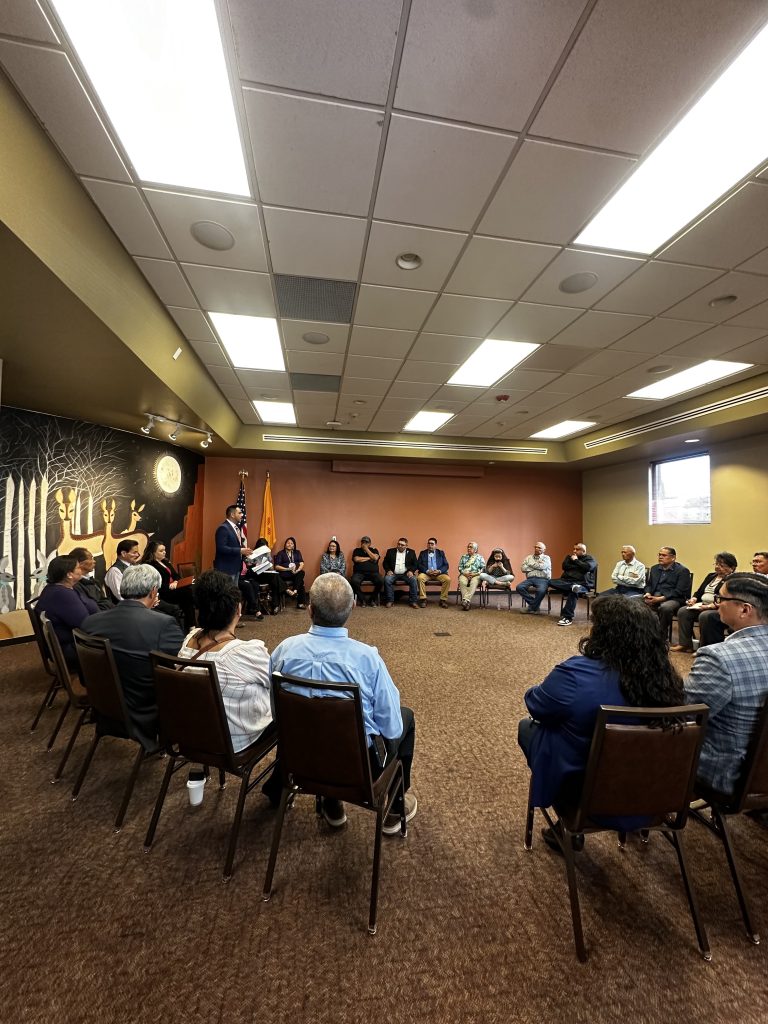Jason Barker has been a medical cannabis patient in New Mexico for the past year and a half.
 His qualifications for the state program amount to his complex posttraumatic stress disorder diagnoses, a condition he said developed after being molested as a child, dealing with physical abuse as an adult and working as an EMT in South Carolina.
His qualifications for the state program amount to his complex posttraumatic stress disorder diagnoses, a condition he said developed after being molested as a child, dealing with physical abuse as an adult and working as an EMT in South Carolina.
When his PTSD symptoms get bad, Barker said he usually avoids the outside world “because things become that hard to deal with.”
Related: DOH gets warned about medical marijuana delays
This happened earlier this year when the state Department of Health, which administers the program, delayed Barker’s renewal in the program for 58 days total and 28 days after its expiration.
State law requires each medical cannabis patient renew their cards every year, though that waiting period is supposed to last one month at most.
The waiting time made Barker unable to legally purchase cannabis, putting him in what he called “a legal grey area.”
During the time Barker didn’t have access to cannabis, his PTSD symptoms kicked back into gear.
“I didn’t leave my house for two weeks,” Barker said.
Barker is just one of what Drug Policy Alliance New Mexico estimates as thousands of state medical cannabis patients who’ve had their renewal process delayed this year beyond the legally allowed period of 30 days.
Jessica Gelay, a policy coordinator with Drug Policy Alliance, tells NM Political Report that the waiting periods are particularly troubling for terminal patients in the program like those diagnosed with stage four cancer.
“It’s beyond frustrating,” Gelay said. “It’s criminalizing patients because they can’t access their medicine.”
Two state health department spokesmen, Kenny Vigil and David Morgan, didn’t respond to multiple attempts seeking comment for this story. The department and most in Susana Martinez’s administration have generally avoided answering questions or commenting on stories by NM Political Report.
Gelay attributes the delays to a combination of factors, including recent growth of patients in the program. Patient enrollment, for example, nearly doubled in a 15-month period, growing from just under 13,000 in February 2015 to nearly 25,000 last month.
Part of this comes because of a court ruling last summer easing restrictions on PTSD and chronic pain qualifications, Gelay said.
As recently as March, DOH reported the program had just 57 applicants pending. But DOH stopped reporting pending information, saying a new software system didn’t show that information, according to Gelay.
A warning message on DOH’s official Medical Cannabis Program website does, however, acknowledge it “has experienced tremendous growth within the last five months” that is causing “a delay in processing of applications.”
The state website recommends patients seeking renewals submit their applications “a minimum of 60 days” before they expire—or twice as long as the 30 days state statute orders patients to submit renewal applications before expiration.
“The Medical Cannabis Program is in the process of obtaining new staff to ensure we can meet the demands in the future,” the website reads. “We do ask for your patience as we continue to work diligently on processing all applications.”
The program is also burdened by the small office it operates in, Gelay said, and has said it will move to a bigger office this fall to make room for new employees.
“Their plan won’t affect patients until September,” she said. “They’re a state agency and they should be doing whatever they can to make sure sick patients can access the medicine they need.”
Though DOH is breaking state statute on applications it takes longer than 30 days to process, no organization appears willing to legally challenge the state on it. DOH Secretary Lynn Gallagher recently rejected a recommendation from the Medical Cannabis Advisory Board for a grace period for patients waiting for renewals past the 30-day deadline day.
Barker, for his part, has written letters to Gov. Susana Martinez and Attorney General Hector Balderas asking for intervention.
The department has some suggestions for those who don’t get renewals in time to continue their medication through the program.
A health department spokesman recently suggested medical cannabis patients “find some other type of relief” through their doctor while waiting for their card renewal.
For Barker, this would mean going back to prescription drugs that he said weren’t helping his PTSD side effects.
“That goes against the entire point of the Lynn and Erin Use Act,” he said, referring to the 2007 state law that established medical cannabis. “Because pills didn’t work for us.”






















